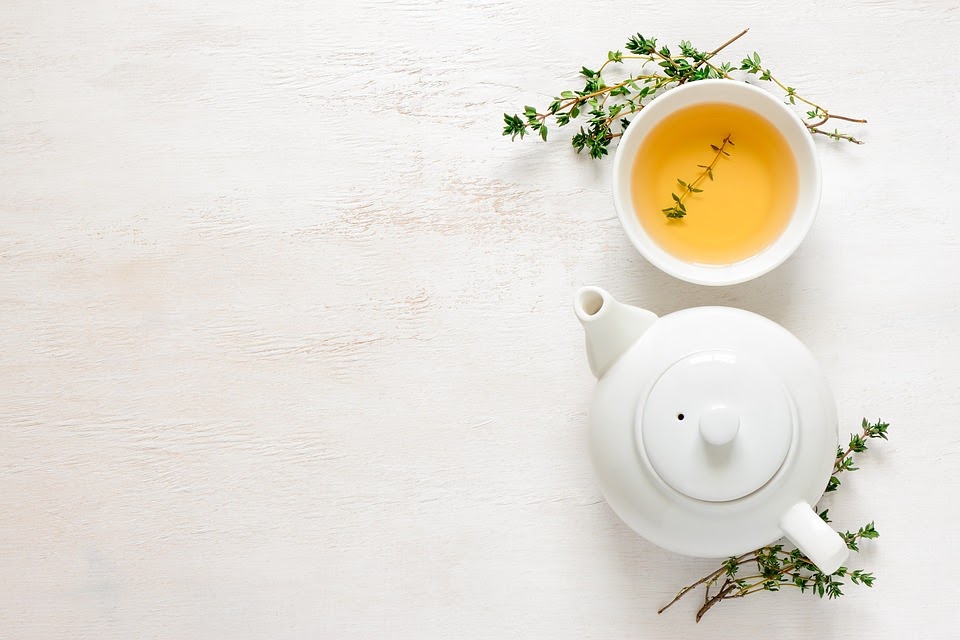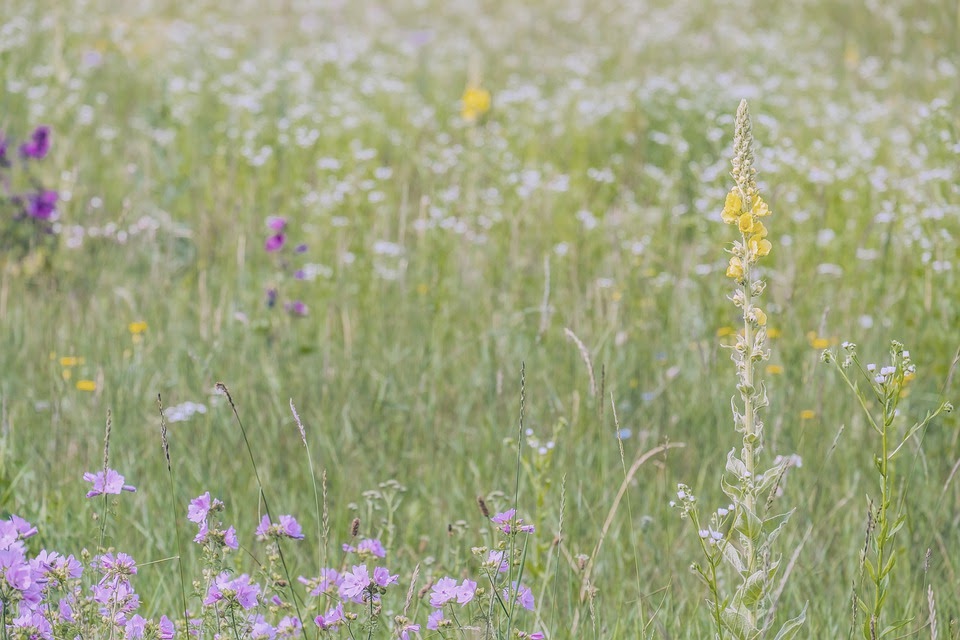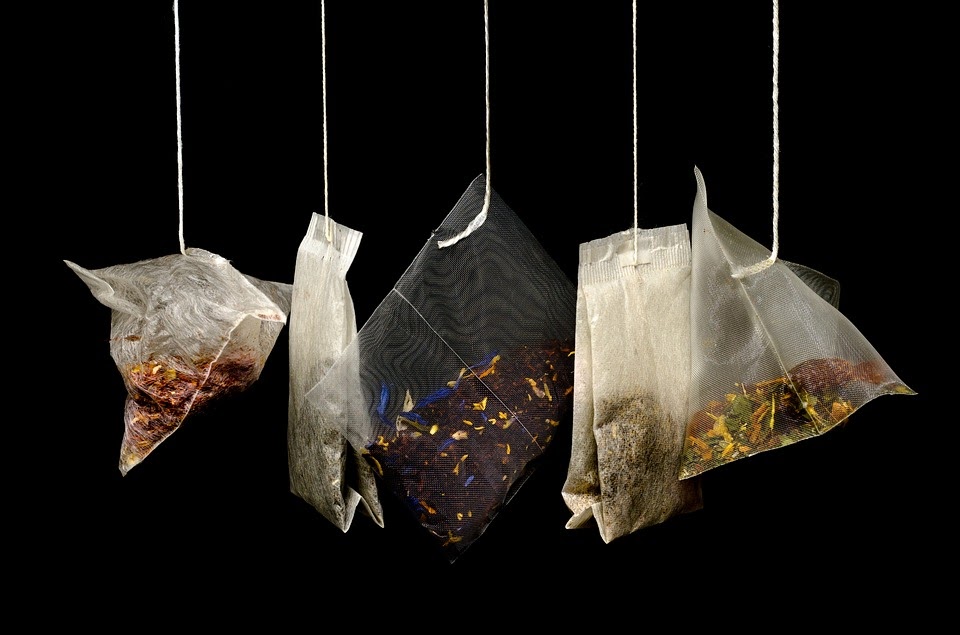
You may have heard of mullein tea, but do you know what mullein actually is? Mullein tea is made from the mullein plant, a plant that has been around for thousands of years and is native to Africa, Asia, Europe and even the United States. In the Appalachia area of the US it is often used as a remedy for respiratory illnesses, like colds or airway infections.
The plant has over 200 species, however, the tea can be made of the leaves from the common mullein – the most popular and commercial form. This plant can also be known as Verbascum Thapsus, and has a very aromatic taste. The common form of mullein can grow to be seven feet tall, with a thick stem and pale yellow flowers.

Historically, mullein has been used to treat colds, asthma and even chronic coughs making it well known as a way to relieve respiratory ailments. The leaves from the lower area of the plant are harvested, dried and used fresh or made into another product.
In this article we are going to cover everything you need to know about mullein tea…
What Does Mullein Tea Do For You?
Mullein tea is frequently linked to various health benefits and the majority of users prefer to reap these benefits through drinking the leaves in a tea. The tea can be used for a range of reasons, commonly being respiratory illnesses, but some research suggests that the tea can also help to fight viral infections. Test tube studies have been able to suggest that mullein has antiviral properties, for example mullein extract was found to be effective against the influenza virus and also pseudorabies – a virus in the herpes family.
It is also suggested that mullein also has antibacterial properties. Another test-tube study concluded that mullein extract reduced the growth of bacteria that causes infections such as E-coli and Streptococcus pyogenes. Mullein oil can be bought as a disinfectant to treat internal and external infections due to the antibacterial properties of the mullein leaves. Internally it has been used to treat ear infections, colon infections and even urinary infections.
Mullein can also be used in oil form, this is commonly used to treat inflammation and pain with earaches in adults and children. Traditional use extends to treating burns, bruises, hemorrhoids and even gout. Instead of brewing in tea, mullein used to be ingested, smoked and applied topically. Some even apply the leaves to skin to make it softer, as a beauty treatment.
Is Mullein Tea Good For The Lungs?
The most well-known use for mullein tea is for treating respiratory conditions, this has been its constant use over time and even to this day. Research on animals and humans suggest that the tea can reduce inflammation as it contains iridoids and saponins, therefore allowing the muscles in your respiratory tract to relax and function better. It is said to be especially effective when treating asthma, as this condition causes your airway to swell. Many use the flowers and leaves to treat respiratory ailments, such as tuberculosis and bronchitis, but more human research is needed to see whether it combats these conditions. Users do tend to report that mullein tea works for relieving symptoms, but always check with a health provider before starting any new treatments.
Is Mullein Good For COPD
Mullein is also credited for its ability to promote the discharge of mucus and to drain the membranes, this can be used to relieve certain COPD symptoms. Often, those with COPD face symptoms that include shortness of breath, coughing and producing mucus, so mullein could be an option to help relieve aspects of the condition. It must be noted that mullein has not yet been through human testing in regards to any respiratory conditions, so it can be taken to help relieve symptoms but not to cure illnesses. Mullein is hailed as a good home remedy, it can be incorporated into the daily treatment of any person suffering from COPD.
What are the side effects of mullein?
The majority of users are able to enjoy mullein tea and its benefits without risk or any adverse side effects, however in some it can cause dermatitis or skin irritation. When handling the herb in its natural form, make sure to exercise caution and wash hands after usage. The plant also has tiny hairs on it, therefore if you plan to drink it in tea be careful to strain it thoroughly to avoid any irritation in your throat when drinking. If you find the tea an irritant, contact a health provider or consider alternative methods. The mullein plant has not been tested on women who are pregnant or breastfeeding, so there are no medical guidelines published yet – be sure to contact a GP before consuming.

Where to buy mullein tea?
Dried Mullein
Wondering where to buy dried mullein? Often the best place is your local organic/health store. Mullein is a very common plant and health stores often promote its benefits, especially in dried form. When bought in dried form you’re able to make the mullein flower tea from scratch yourself. This can be done by boiling water, adding a small handful of dried mullein and then steeping them for 15 to 30 minutes. Remember to use a strainer or cloth when straining to avoid the tiny hairs on the plant. If your local health store does not provide dried mullein, check online as websites from Amazon to Etsy offer different types of dried mullein, which can all be used to make mullein leaf tea.
Mullein Flower Tea
If you’re not interested in brewing the tea yourself, it’s easy to find pre-packaged mullein tea too. Where to buy mullein tea is up to you, this product should also be available in local health stores, but if not a quick Google should quickly show you a range of websites that ship to you. The best mullein tea is easy to make with pre-packaged mullein flower tea bags, just treat it as a normal tea. This is a good option if you don’t want the fuss of straining dried mullein, or want a product with a longer shelf life. Mullein leaf tea bags are easy to find and easy to use, especially as they’re a plant that has been used for hundreds of years.
Mullein Tea Reviews
When it comes to mullein flower tea, users will often report beneficial experiences and relieving of symptoms. Many do swear by this as a quick cold remedy or a daily part of relieving chronic illness. When reading mullein tea reviews, do note that each user will have consumed different amounts at different dosages so each opinion will be informed by different circumstances. Also, note that users will be experiencing different symptoms – some more severe than others. The best way to know if mullein leaf tea will work for you is to contact a health provider before trying it.
Mullein tea recipe
How To Make The Best Mullein Tea
To make the best mullein tea, make sure you’re buying the best mullein! Do your research and decide whether you want to use dried mullein, mullein flowers or pre-packaged mullein flower tea. It’s up to you and your preferences; you can also adapt the taste (if it’s too rich) and add sweeteners to complement the dried mullein. Making mullein tea can easily enhance your daily routine whilst also soothing ailments, there are types for those who are busy and those who want to create the tea from leaf/dried form too.
Mullein Leaf Tea
The best recipe for mullein flower tea (when it’s not from a tea bag) is to add a small handful of dried mullein to an eight-ounce cup of boiling water. After doing so, steep the mullein leaf tea for 15-30 minutes and make sure to strain it. Add honey, cinnamon or lemon to taste. When it comes to making the tea from the natural mullein leaves, users can even grow the mullein in their garden. If you grow the mullein, make sure to dry the leaves before brewing them. Making the tea from leaf form can take slightly longer, so users will want to consider what works best for their daily routines.
Mullein Tea Bags
Mullein tea bags are a staple in the tea section in most stores, herbal teas are great for soothing the mind after a long day and they also have physical benefits too. Mullein tea bags contain all the goodness that mullein leaves and dried mullein do, they’re just ready to be brewed straight away and don’t require the preparation that mullein leaves do – perfect for anyone with a busy schedule. The best mullein tea has mullein as a pure ingredient and is non-irrigated and GMO free. Mullein leaf tea bags also tend to have a longer shelf life than the dried leaf form of the plant, making them perfect for users who won’t use them daily. The mullein tea bags can be bulk bought online and range from twenty-five packs to packs of one hundred tea bags!